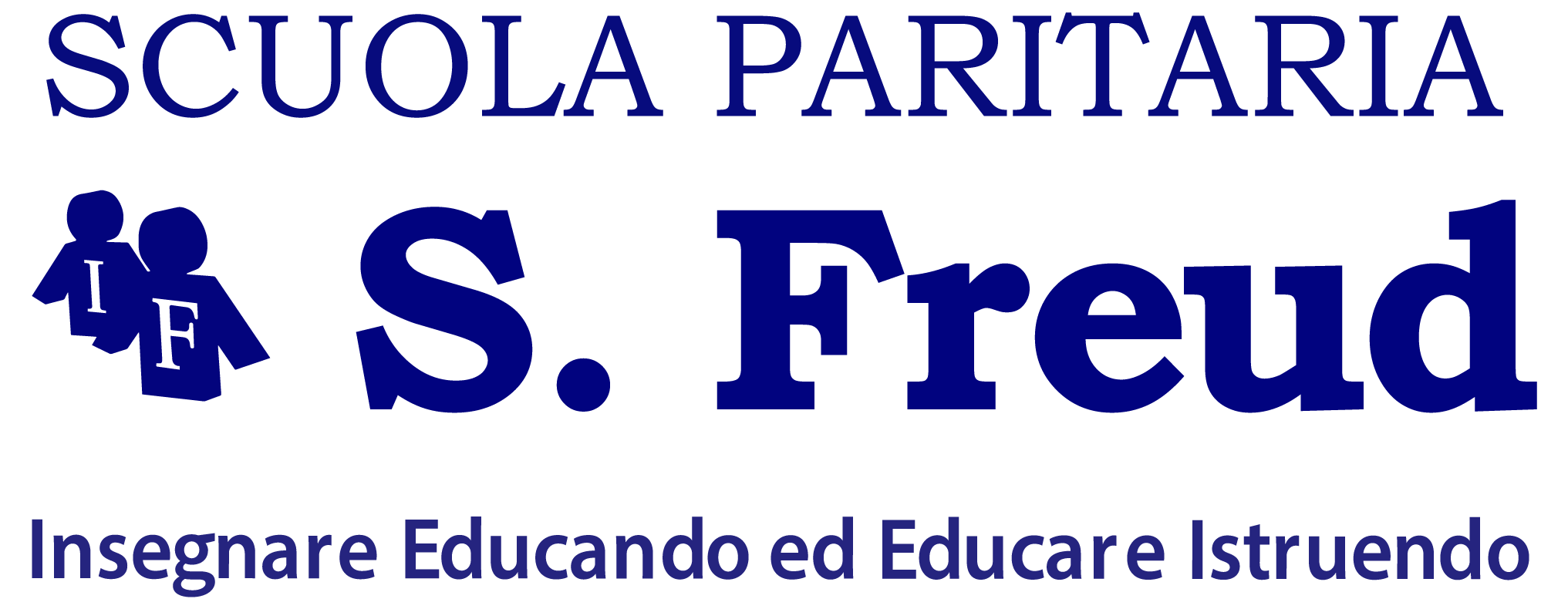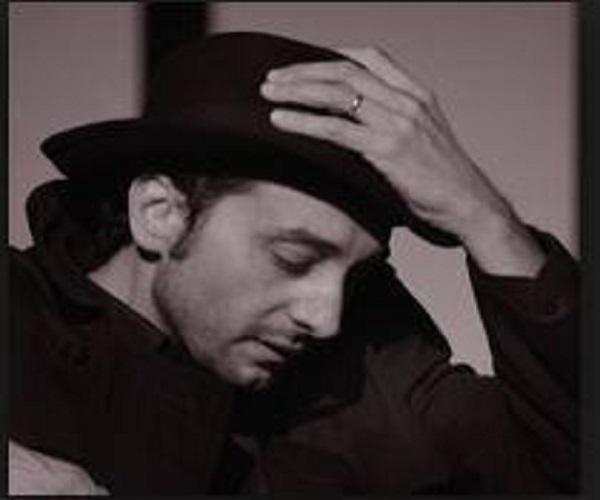29 dicembre 2016
On January. 10, 2017, classes 1^ A Computer Science and 1^ A Tourism of the S. Freud Institute will attend a viewing of the play "Novecento" based on the novel by Alessandro Baricco -directed by Corrado d'Elia- at the Litta Theater in Corso Magenta 24 Milan, at 10:30 a.m.
"You are not completely screwed as long as you have a good story to tell," and Novecento is definitely a good story to share, perhaps one of the best. The incredible, fantastic, almost unreal story of Danny Boodmann T.D. Lemon Novecento, the world's greatest pianist, who was born on a ship and lived there all his life, never getting off. The man who could play indefinable music, especially when he played in third class, for those who could not afford it. The dimension is that of recollection, dense, intense, as it happens with the great stories that speak of a time gone by and fill the long hours, perhaps heard in the raucous voice of a sailor in a dive bar in a port, between enchantment and disbelief, between truth and hallucination. The time of the story is the wonderful 1920s, at the turn of the wars, the age of jazz, when everything seemed to move following that irresistible and pleasantly dense rhythm of when words and music meet in accord and exchange roles: the words become music and the notes indispensable narrative, until they compose an original, unique score. The place, it is a ship, the Virginian, with a name that smacks of the distant, shuttling from Europe to the dreamed of America and encompassing all the stories of the world. For all that Novecento is not a monologue, but an embodiment of perfection, a poignant and beautiful fable to be told with the same melancholy voluptuousness he used when caressing the curves of a ragtime (from the card published on the Teatro Litta website).
Purpose
Through the enjoyment of a narrative text in the form of a theatrical monologue, it is intended to introduce the student to the macro-topic on which the educational planning related to the first year of the first two years is focused: the narrative literary text in the phenomenology of its possible manifestations. It is therefore an experience that allows the student to concretely perceive the text, through the transposition from the written page to the stage, from personal reading to professional acting. The propaedeuticity with respect to the approach to the theatrical text and its language, also an integral part of the didactic planning of Italian Language and Literature in the first two years, should also be highlighted.
Objectives
- Preliminary knowledge of the novel Novecento, by Alessandro Baricco, as a narrative work of merit in the contemporary Italian literary scene.
- Self-assessment of the student who, by comparison with the monologue recited, will be able to test his or her skills in approaching a narrative text correctly.
- Refine one's ability to personally interpret and critically evaluate a narrative text.
- Experience what narrative mechanisms change (and how this happens) in the theatrical transposition of a novel.
- To exercise one's skills and competencies in autonomously identifying - in comparison with the "live" recitation of a text - the main narrative characteristics: plot (in its topical moments); character typology; use of space and time (with particular reference to the relationships between fabula and plot, and that between story time and narrative time).
- Facilitate the process of identifying focus with respect to the figure of the narrator.
- Facilitate self-perception not only as a recipient of a text, but also as a "narrator," through stage transposition and silent dialogue with the actor.


